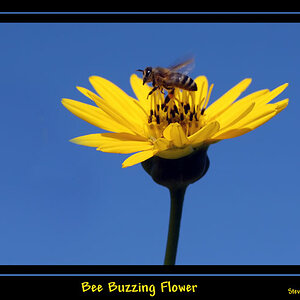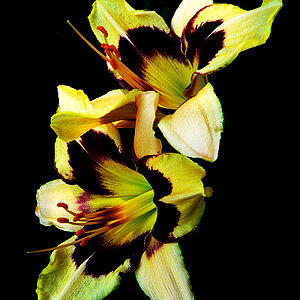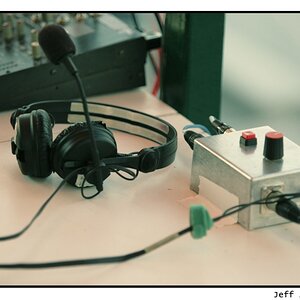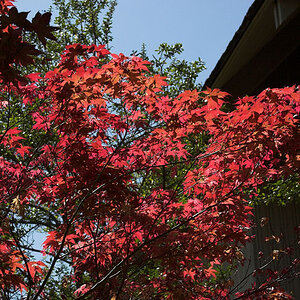PaulWog
No longer a newbie, moving up!
- Joined
- Jun 17, 2013
- Messages
- 1,153
- Reaction score
- 188
- Location
- Canada
- Can others edit my Photos
- Photos NOT OK to edit
"Cameras are not light sensitive... sensors are light sensitive."
I think you're getting a little too technical. A sensor is a part of a camera. Hence, a camera is light sensitive.
I also think you're getting a little too technical on how the word "sensitive" applies. It certainly does. The camera becomes more sensitive to light (the tool as a whole, not the sensor). I think you're just being ultra technical about how you are applying the word "sensitive".
And to answer the question about "patronizing beginners", I would say this: Giving ultra-technical advice to beginners is fine, but I wouldn't just dismiss the information in such a confusing fashion. I see this sort of stuff happen a lot on forums and elsewhere. An example of something frustrating is when someone says "A crop sensor doesn't get any more reach. It just has more pixels in a smaller area." And yet, the end result is more detail in the cropped area, hence more reach. I forget the other arguments that bug me, but the problem is that not enough is being stipulated. The word "sensitive" is too short, and means too many things, and requires a phrase in its place.
I think you're getting a little too technical. A sensor is a part of a camera. Hence, a camera is light sensitive.
I also think you're getting a little too technical on how the word "sensitive" applies. It certainly does. The camera becomes more sensitive to light (the tool as a whole, not the sensor). I think you're just being ultra technical about how you are applying the word "sensitive".
And to answer the question about "patronizing beginners", I would say this: Giving ultra-technical advice to beginners is fine, but I wouldn't just dismiss the information in such a confusing fashion. I see this sort of stuff happen a lot on forums and elsewhere. An example of something frustrating is when someone says "A crop sensor doesn't get any more reach. It just has more pixels in a smaller area." And yet, the end result is more detail in the cropped area, hence more reach. I forget the other arguments that bug me, but the problem is that not enough is being stipulated. The word "sensitive" is too short, and means too many things, and requires a phrase in its place.



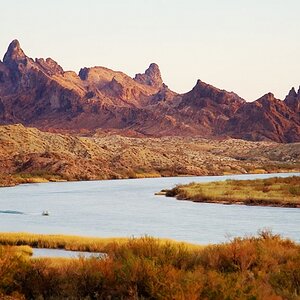
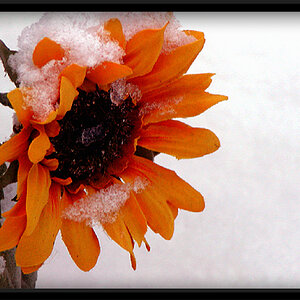
![[No title]](/data/xfmg/thumbnail/33/33362-84aacb865117bf8cba89104b89e9b36c.jpg?1619735927)
